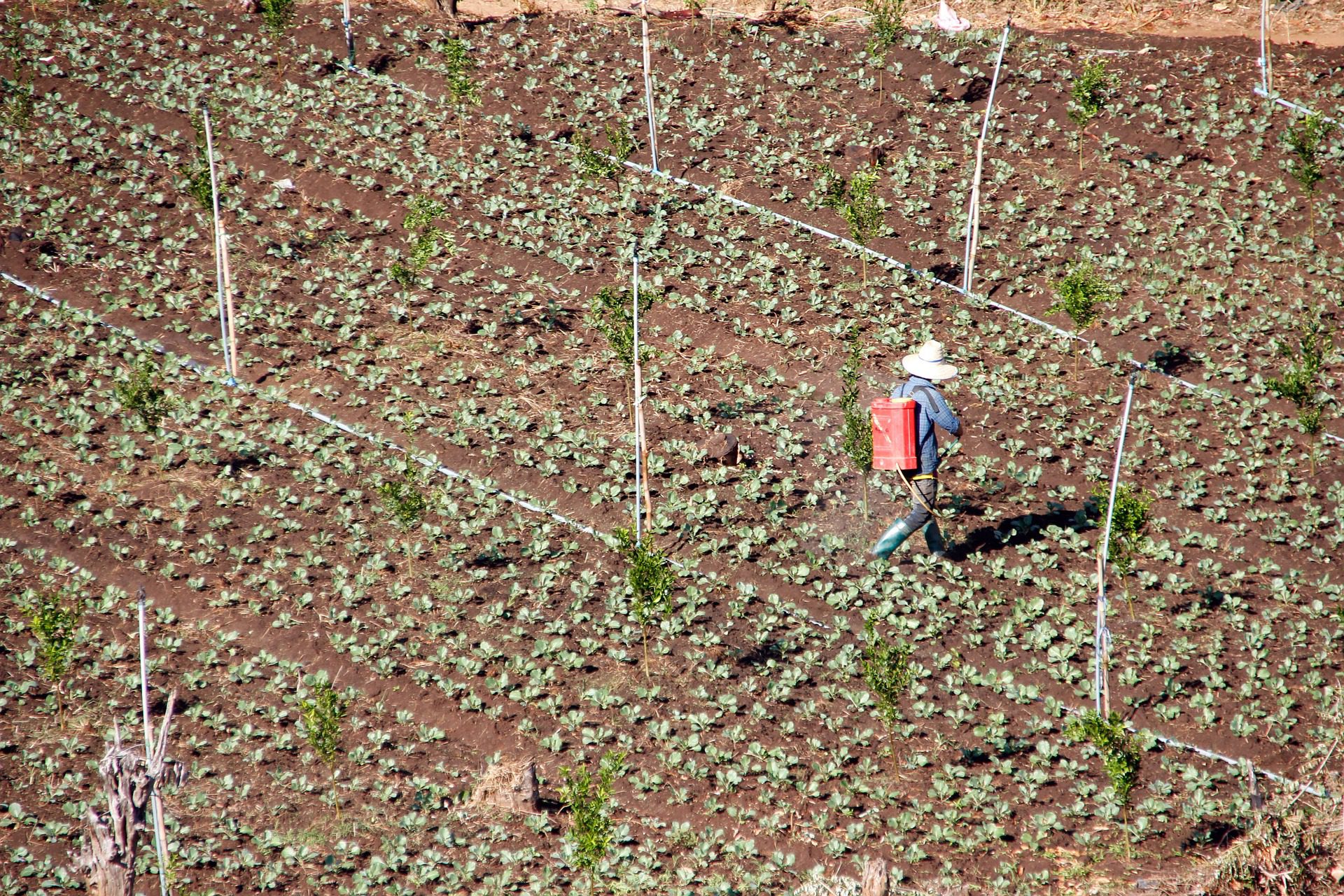
Federal labor standards enforcement in agriculture
Data reveal the biggest violators and raise new questions about how to improve and target efforts to protect farmworkers
What this report finds: The vast majority (over 70%) of federal labor standards investigations of farms conducted by the Wage and Hour Division (WHD) of the U.S. Department of Labor detect violations—things like wage theft and inadequate housing, as well as other violations of laws designed to protect farmworkers. Farm labor contractors, the fastest-growing segment of farm employment, are the worst violators, accounting for one-fourth of all federal wage and hour violations detected in agriculture and one-half of violations detected in two of the biggest states for farm employment, California and Florida. A relative handful of “bad apples” account for a large share of all violations and the back wages owed as a result of investigations. However, there is a very low probability—1.1%—that any farm employer will be investigated by WHD in any given year.
Why it matters: Farmworkers—the low-paid workers who are essential to keeping Americans fed during the COVID-19 pandemic—are not being protected effectively by federal labor standards enforcement. Most farmworkers either lack an immigration status or have a temporary status, which makes it difficult in practice for them to complain about workplace violations. And data show that WHD is too underfunded and understaffed to adequately protect workers. This lack of enforcement capacity, combined with the fact that their immigration status makes farmworkers vulnerable to exploitation, means that the violations detected in agriculture by WHD are likely a small share of the actual violations taking place. Farm employers can violate wage and hour laws and reasonably expect that those violations will never be detected.
What we can do about it: Policymakers should provide adequate resources to fund wage and hour staffing and enforcement; enforcement efforts should target the biggest violators—farm labor contractors—as well as repeat violators; and officials should consider stiffer penalties that are sufficient to deter future violations.
Read or download full report here.
